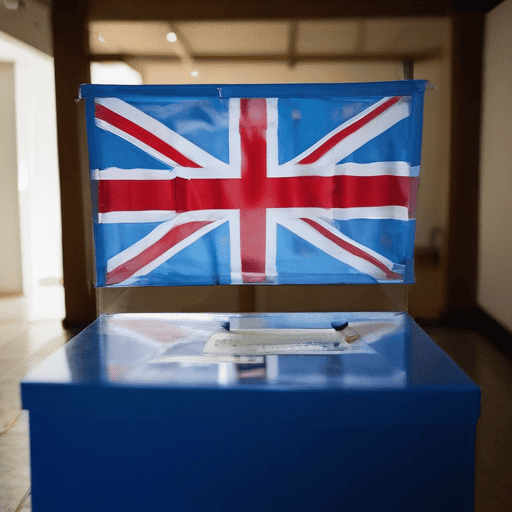Prime Minister Sitiveni Rabuka’s recent decision to appoint seven Opposition Members of Parliament from the Group of Nine (G9) as Ministers and Assistant Ministers signifies a transformative shift in Fiji’s political landscape. This strategic move not only showcases Rabuka’s political acumen but also raises substantial concerns regarding its impact on the country’s democratic governance.
The G9 coalition emerged after the deregistration of the FijiFirst party in July 2024, allowing members who had defected from the Opposition led by Inia Seruiratu to function as independents in a Parliament generally marked by strict party lines. By integrating these MPs into his coalition government, Rabuka is reshaping political alliances and consolidating his authority in a parliamentary system where every vote carries significant weight.
However, this action draws attention to ambiguities within Fiji’s 2013 Constitution. Analysts have noted the absence of explicit provisions concerning the integration of independent or crossbench MPs into government roles. While Attorney-General Graham Leung argues that the Constitution does not prohibit such appointments, the lack of clarity poses questions about the potential for unchecked political maneuvering, which could risk undermining the integrity of parliamentary processes.
Critics suggest that this strategic maneuvering might be less about fostering genuine collaboration and more about solidifying power ahead of the upcoming 2026 General Election. The ambiguity surrounding the constitutional context raises concerns that this could lead to potential misuse, especially in a time when public trust in political institutions is already fragile.
This pivotal moment highlights the urgent need for constitutional reforms aimed at clarifying these ambiguities and safeguarding democratic principles. Fiji’s ongoing democratic evolution faces the challenge of ensuring that short-term political gains do not come at the expense of foundational values of governance.
Looking ahead, there is cautious optimism that this situation may catalyze necessary reforms to promote transparency and collaborative governance. By emphasizing a commitment to democratic ideals, Fiji has the potential to emerge from this transitional phase stronger and more unified in its political commitments.
In summary, while Rabuka’s appointment of G9 MPs represents a significant development in Fiji’s political narrative, it underscores the importance of careful navigation to uphold democratic principles and prepares the groundwork for necessary reforms that could enhance governance in the long run.

Leave a comment